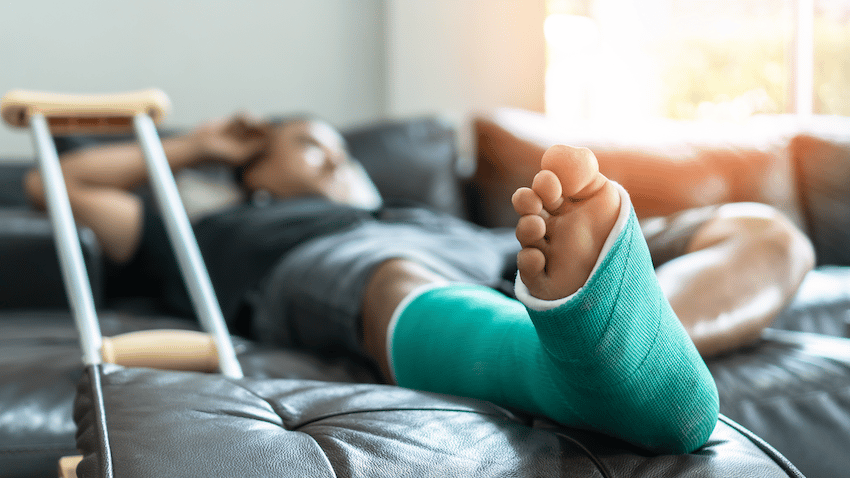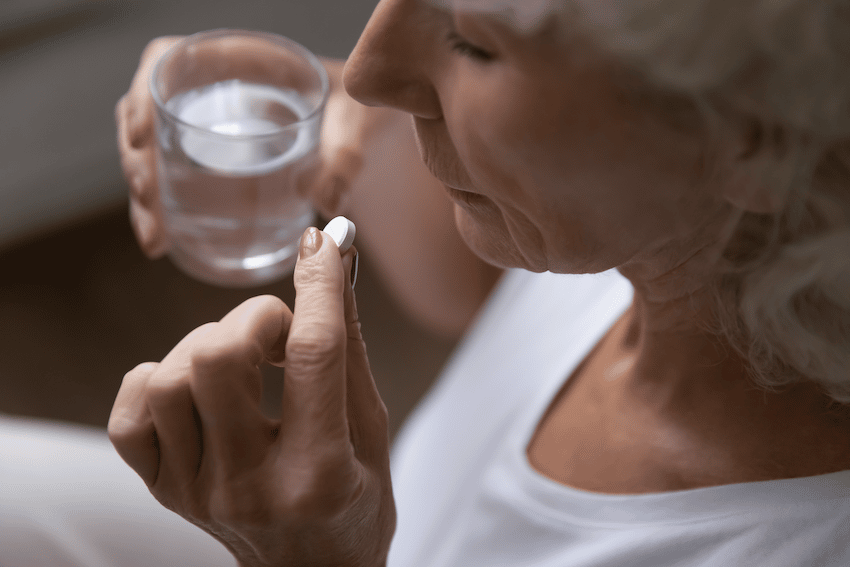Prefer to contact us online instead?
Use this form to send us a message. One of our recovery specialists will respond promptly.
What are addictive painkillers?
Addictive painkillers refer to drugs in the opioid class of drugs. Opioid painkillers are synthetic or human-made drugs derived from the poppy plant and include medications such as:
- Fentanyl (brand names Sublimaze, Actiq, Duragesic)
- Oxycodone (brand name OxyContin)
- Meperidine (brand name Demerol)
- Hydrocodone (brand names Vicodin, Norco)
- Hydromorphone (brand name Dilaudid)
- Oxymorphone (brand names Opana, Numorphan)
Morphine and codeine and opiates, different from opioids only in that they are naturally derived from the poppy plant. These are commonly prescribed and are also highly addictive painkillers.
Methadone, which is a painkiller used to help wean people from heroin, also has a risk for misuse and abuse, and therefore addiction.
Over-the-counter painkillers such as aspirin and acetaminophen are not addictive at all. However, they are often combined with prescription opioid medications for a compound painkiller effect.
Painkiller addiction symptoms
Taking painkillers for legitimate pain because of an injury or surgery is usually a short-term process. Because of heightened concerns about opioid addiction, doctors are careful not to overprescribe painkillers. The idea is to help relieve your pain temporarily while you recover and help you learn healthy, long-term pain management techniques through physical rehab or mental health therapy and holistic techniques.
If you find yourself becoming dependent on painkillers, however, you may notice certain physical symptoms. Painkiller addiction treatment is recommended if you have symptoms such as:
- Confusion
- Diarrhea
- Dizziness
- Itching
- Nausea
- Shaking
- Sleepiness
- Sweating
- Vomiting
In some cases, if you’ve become addicted to painkillers or have been taking painkillers for a long time, you may even notice an increased sensitivity to pain—the exact opposite of what you were prescribed painkillers for.
if you’ve become addicted to painkillers or have been taking painkillers for a long time, you may even notice an increased sensitivity to pain—the exact opposite of what you were prescribed painkillers for.
Some people who take painkillers also experience symptoms of depression. This may be due to changes in the brain as painkillers release dopamine in the brain, producing a surge of euphoria (happy, comfortable feelings), well-being and pain relief. The feeling is so good, however, that the brain wants more. The brain immediately relies less on its own ability to produce dopamine and more on the drug’s ability to produce those good feelings.
This produces a cycle of dependency and eventually can lead to addiction.
Depression may also come about as a result of feeling less energetic because of the painkillers. The painkillers produce a low-energy, relaxed feeling. When this happens day in and day out, the low-energy can lead to low mood, which can be a depression trigger for many.
How to know if I need painkiller addiction treatment
In addition to symptoms of painkiller addiction, you may also notice warning signs of misuse or abuse. This may include:
- Taking painkillers to relax or get high (instead of for pain relief)
- Using painkillers in higher dosages than prescribed
- Taking higher dosages of painkillers to produce the same effects you got at first
- Misleading your physician or family members about your painkiller usage
- Using painkillers in unintended forms (snorting, injecting)
Even if you do not have traditional signs and symptoms of painkiller addiction, you may be a candidate for painkiller addiction treatment. If you have concerns about your drug use or misuse or you recognize it in a loved one, it doesn’t hurt to call and talk to us about your concerns. We’re here to help you through it. Find out more about outpatient admissions.
Painkiller addiction treatment in New Jersey
Trying to detox and go through recovery alone is dangerous and lonely. Supervised detox allows you to start your journey more comfortably and safely. One key component of staying in recovery is having a supportive team of people helping you through every step. Our facility is a safe and peaceful place where you can come to share your struggles and find the support you deserve.
At Lifetime Recovery in Mullica Hill, NJ, in South Jersey, our outpatient and medical treatment center treats people with conditions ranging from drug and alcohol addiction to mental illness.
We’re also one of the few alcohol and drug rehab centers to provide gambling addiction treatment. Through our integrated model and holistic approaches, we provide evidence-based winning solutions for you to recover from painkiller addiction and develop healthy ways to live the rest of your life.
Serving all of New Jersey, Philadelphia, Delaware, Connecticut, and New York.


